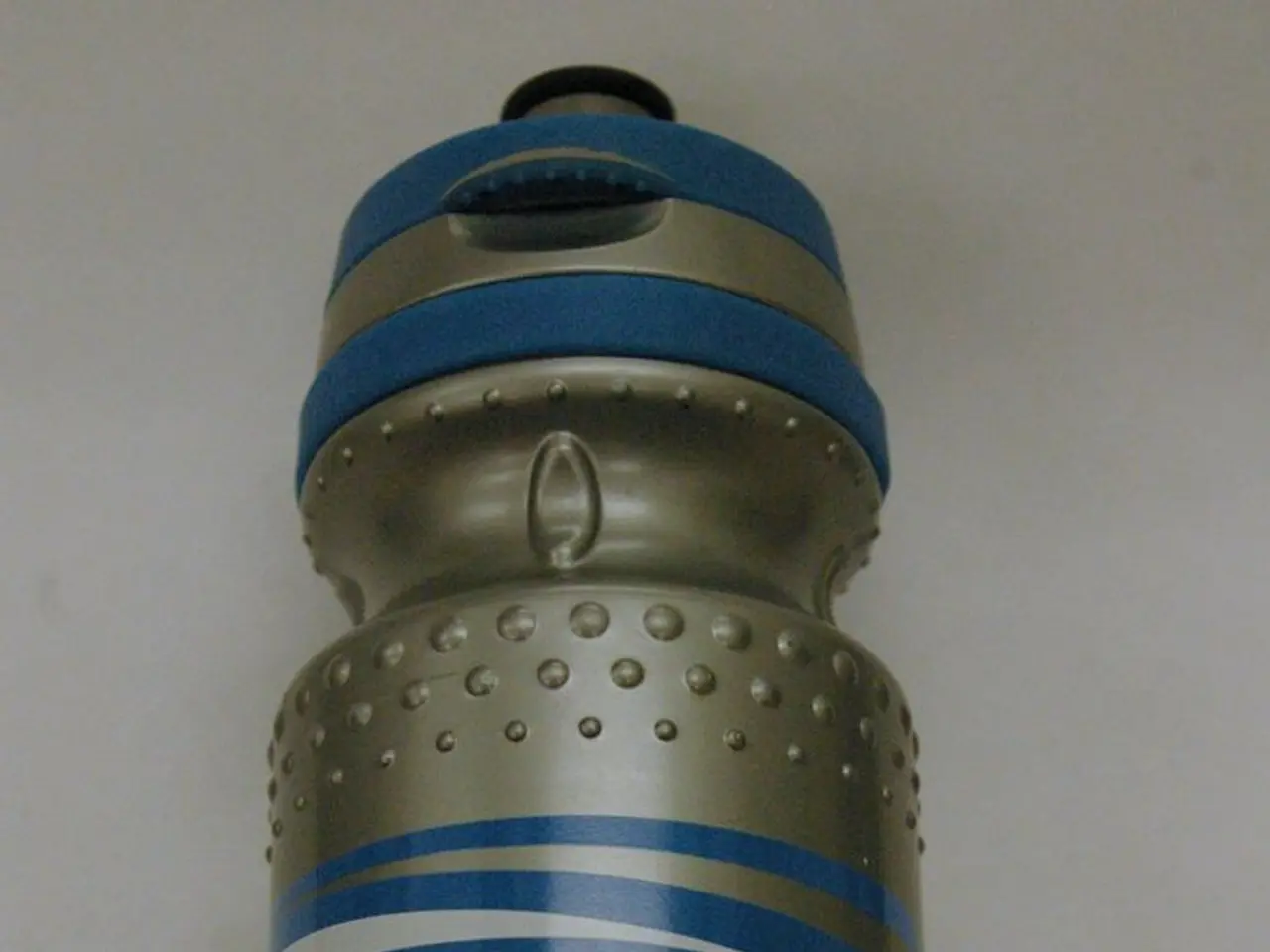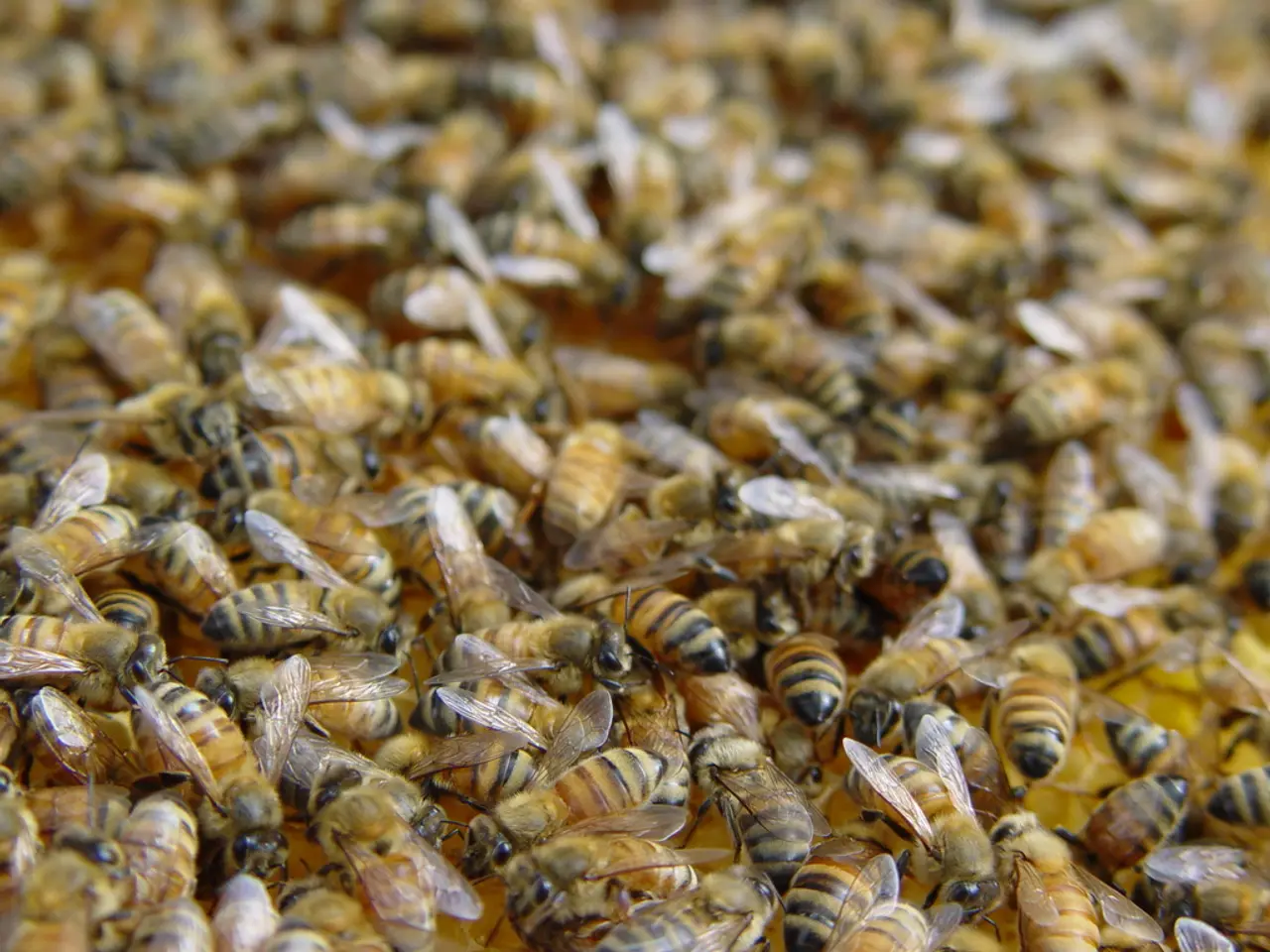Scientists based in Dubai unveil the Arab world's initial Pangenome Reference, a move aimed at bolstering precision medicine in the area.
Landmark Study Reveals First-Ever Arab Pangenome Reference
A groundbreaking study, published in the prestigious journal Nature Communications, has unveiled the first-ever Arab Pangenome Reference (UAE Pangenome Reference, UPR). This comprehensive genomic database was developed by scientists at the Mohammed Bin Rashid University of Medicine and Health Sciences (MBRU) and could significantly impact precision medicine and personalized healthcare in the region.
The research, conducted entirely in-house at MBRU's Center for Applied and Translational Genomics (CATG), has identified over 111 million previously unknown DNA base pairs and millions of new genetic variants unique to Arab populations. Among these discoveries are almost 9 million small genetic variants and over 235,000 large structural differences, many of which were undetectable by conventional short-read sequencing methods.
Dr. Hanan Al Suwaidi, Acting Provost at MBRU, was a co-author of the study. She emphasized the significance of the research, stating, "The Arab Pangenome Reference sets a new benchmark for precision medicine and personalized healthcare in the region."
The study also revealed the presence of 883 duplicated genes, including the gene TAF11L5, in every individual studied. These duplicated genes, particularly those linked to recessive diseases more prevalent in Arabs due to genetic inheritance patterns, could provide valuable insights into the genetic basis of these conditions.
The pangenome was assembled from high-quality, long-read DNA sequencing of 53 individuals representing diverse Arab ancestries across eight countries. This approach, using PacBio’s HiFi sequencing technology, allowed the capture of complex genomic structures and previously hidden sequences.
The Arab pangenome reference improves genome mapping rates and variant recall compared to existing human genome references, enabling more precise detection of disease-associated variants particular to Arab populations. This resource addresses the underrepresentation of Arab genomes in global research, enhancing equity in precision medicine by providing a population-specific genomic reference for clinicians and researchers.
The study's senior author, Dr. Mohammed Uddin, senior author and human genetics associate professor at MBRU, emphasized that high-fidelity long-read sequencing was key to capturing the full genome complexity critical for accurate variant discovery and equity in genomic medicine.
To further facilitate research into the Arab Pangenome Reference, the team developed a new open-source bioinformatics tool called PanScan. This tool, publicly accessible on GitHub, facilitates the detection of gene duplications and complex DNA structures.
The UPR is freely available to support ongoing research into genetic disorders and population health, empowering better interpretation of genetic data in Arabs and advancing precision healthcare tailored for them. The study reinforces Dubai Health's long-term commitment to world-class research and innovation in healthcare.
MBRU's research strategy contributes meaningful data to international scientific efforts, ensuring that local populations are represented in global health advancements. The Arab Pangenome Reference fills a critical gap in global genetic databases, which have long underrepresented Arab populations.
Scientists worldwide can benefit from the work due to PanScan's public accessibility. The local populations are now part of the global health advancements, thanks to MBRU's research strategy. This landmark study not only expands the known human genome landscape by adding millions of novel variants and sequences unique to Arabs, but also provides a vital tool to reduce health disparities by improving genetic diagnosis and research for an understudied population.
[1] Al Suwaidi, H., et al. (2022). The Arab Pangenome Reference: a new resource for precision medicine in the Middle East. Nature Communications. [2] Press release. (2022). Mohammed Bin Rashid University of Medicine and Health Sciences announces the first-ever Arab Pangenome Reference. Retrieved from https://www.mbrch.ac.ae/en/newsroom/press-releases/2022/mohammed-bin-rashid-university-of-medicine-and-health-sciences-announces-the-first-ever-arab-pangenome-reference [3] Uddin, M. M., et al. (2022). The Arab Pangenome Reference: a new resource for precision medicine in the Middle East. Nature Communications. [4] Uddin, M. M., et al. (2022). The Arab Pangenome Reference: a new resource for precision medicine in the Middle East. Nature Communications.
- The Arab Pangenome Reference, developed by scientists at the Mohammed Bin Rashid University of Medicine and Health Sciences (MBRU), could significantly impact precision medicine and personalized healthcare in the region, focusing on health and wellness.
- The study, published in the journal Nature Communications, unveiled millions of new genetic variants unique to Arab populations, contributing to the science and research field by expanding the known human genome landscape.
- To facilitate further research into the Arab Pangenome Reference, the team at MBRU developed an open-source bioinformatics tool called PanScan, accessible on GitHub, specifically designed for detecting gene duplications and complex DNA structures, contributing to innovation in the field of science.
- The Arab Pangenome Reference addresses the underrepresentation of Arab genomes in global research, enhancing equity in precision medicine by providing a population-specific genomic reference for clinicians and researchers, benefiting the broader scientific community.




